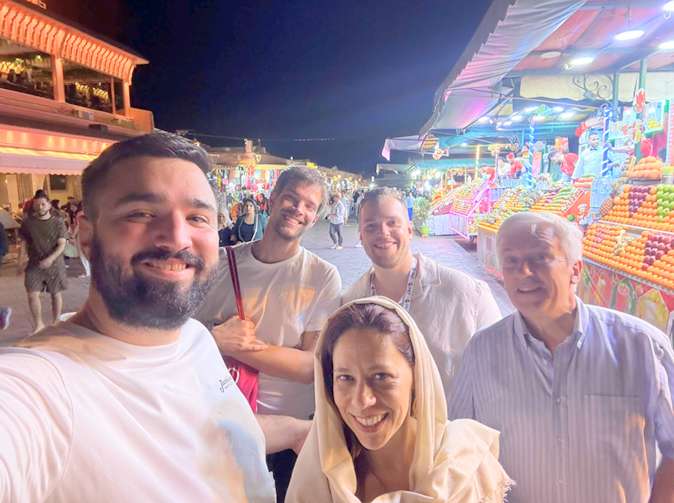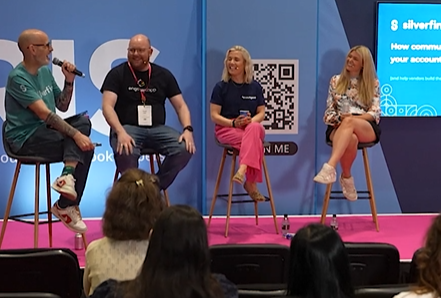At a recent industry event (Accountex London 2025), a dynamic and thought-provoking panel brought together three prominent leaders in accounting technology and bookkeeping to explore a transformative theme: the power of community.
Moderated by Phil Hobden (Sage), industry experts John Goree (Engager.app), Kirsty Mitchaell (FreeAgent), and Zoe Whitman (The 6 Figure Bookkeeper), delved into the powerful role of community within the accounting sector. They discussed how fostering a strong sense of community fuels collaboration, continuous learning, and mutual support – especially during challenging periods like the pandemic. Each panelist shared valuable insights on cultivating distinctive communities that not only drive product innovation but also turn customers into passionate advocates. The discussion underscored the value of creating inclusive, safe spaces where members feel empowered to connect and share experiences – ultimately proving that community isn’t just a support system, but a strategic driver of business success.
Introducing the leaders driving the movement
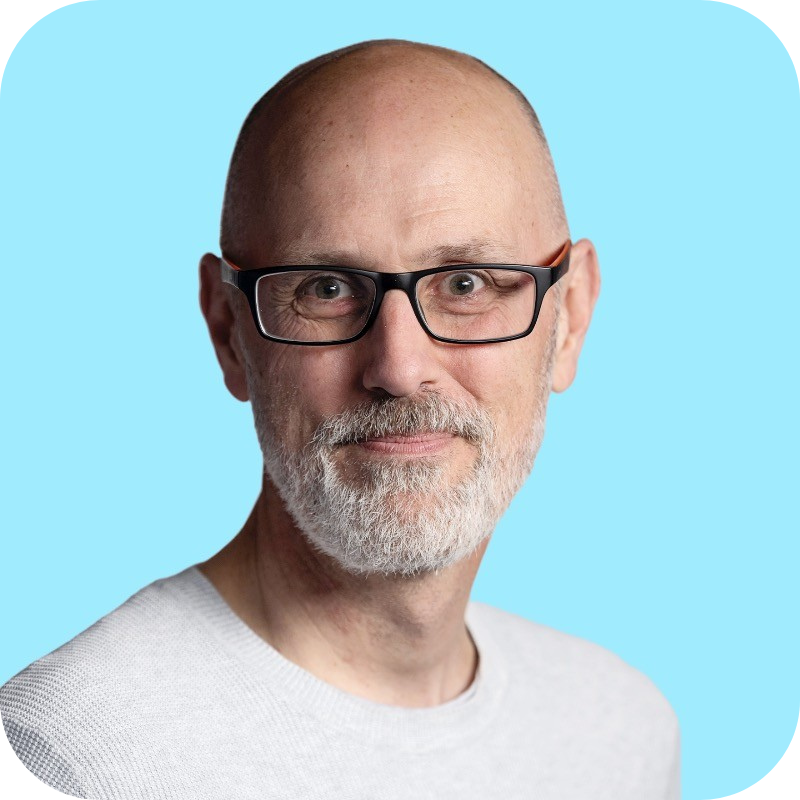
Phil Hobden
Sage

Zoe Whitman
The 6 Figure Bookkeeper
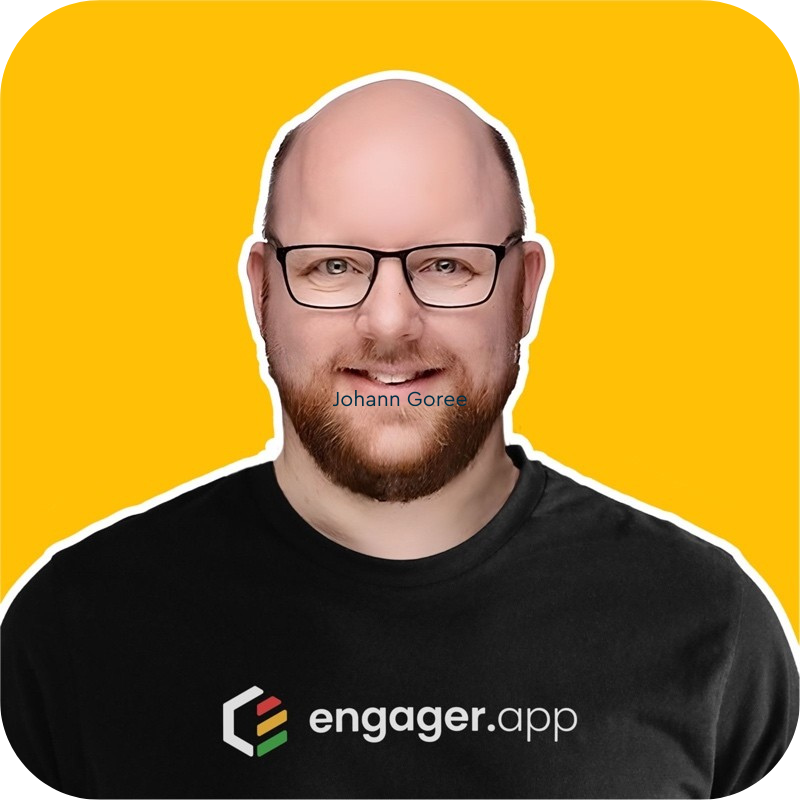
Johann Goree
Engager.app
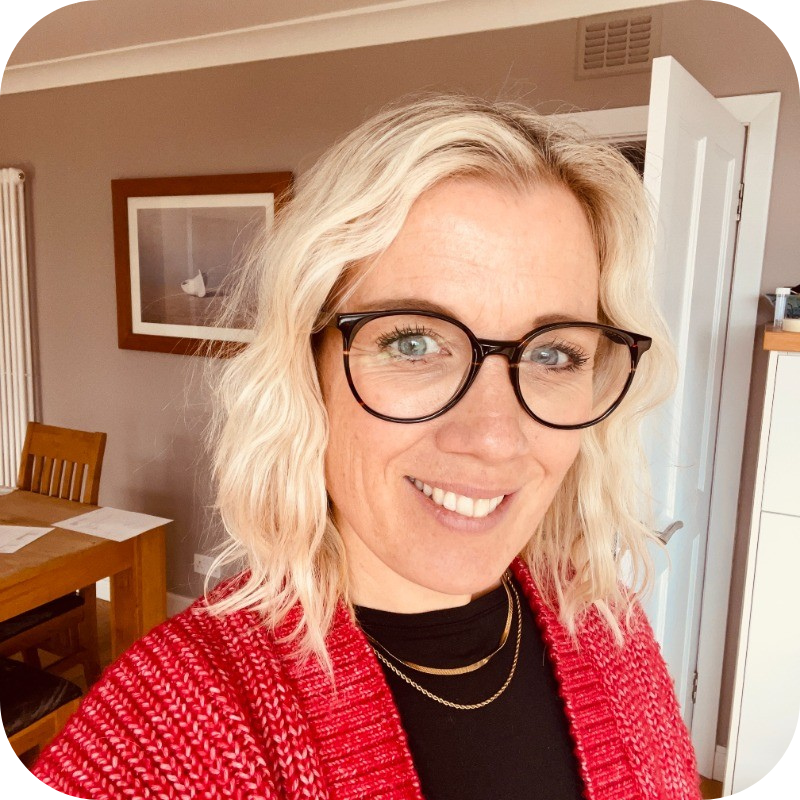
Kirsty Mitchell
FreeAgent
👩💻 Zoe Whitman – Business Coach & Co-Founder, The 6 Figure Bookkeeper
Zoe’s passion for community building traces back to a Facebook group launched by her co-host, Jo Wood. Originally intended to document Jo’s journey to a six-figure business. What began as a personal space has since evolved into a thriving hub for bookkeepers, offering mentorship, practical advice, emotional support, and a welcoming environment to engage with podcast content and connect with peers.
🧑🔧 Johann Goree – Head of Growth & Community, Engager.app
Johann intentionally designed his community to centralise user feedback, reduce costly marketing expenditures and foster a closed-loop ecosystem where customers actively influence the future development of his product. Today, Engager’s Facebook group supports over 1,500 firms, with Johann personally engaging and responding to posts daily.
👩💼 Kirsty Mitchaell – Head of Marketing, FreeAgent
Kirsty’s mission is to cultivate genuine advocacy by ensuring FreeAgent’s customers feel deeply understood. Leveraging community platforms, roundtables, and partnerships with esteemed accounting coaches, she has helped transform FreeAgent’s user base into a thriving movement.
Why community is a cornerstone of today’s accounting profession
The profession of accounting has evolved. The rise of tech, remote work, solo practices and global clients has made it easier than ever to work independently – but also more isolating.
The accounting profession has undergone significant transformation. With the rise of technology, remote work, solo practices and a global client base, it’s now easier than ever for accountants to work independently – yet this shift has also introduced new challenges, including increased professional isolation.
Communities play a crucial role in bridging this gap:
- Psychological Comfort & Safety
Zoe highlighted the importance of creating a safe and supportive environment within online communities, noting; “We wanted a space where people could ask what they felt were ‘silly’ questions without fear of judgment.” During the COVID-19 pandemic, this community became a vital lifeline for bookkeepers navigating the challenges of childcare, uncertainty and launching new businesses.
Takeaway: A well-moderated community isn’t just a helpdesk – it’s a safe space for emotional resilience. - True Advocacy
Johann has demonstrated that a community-first strategy can surpass traditional marketing in both reach and effectiveness. With an investment of just £3,000 over two years, Engager successfully onboarded 1,500 firms across four continents. “I’d rather invest in our users being our champions than in SEO ads.“
His group functions as a transparent, public demonstration for prospective clients, allowing them to observe authentic customer experiences in real-time.
Takeaway: Communities convert leads better than ads, because they’re based on trust. - Product Insights & Innovation
FreeAgent’s tiered community program, initiated once firms achieve “bronze” status (10+ client users), establishes a direct channel for authentic feedback. Monthly Zoom sessions, moderated by industry veterans such as Will Farnell and Lucy Cohen, ensure discussions remain anchored in practical, real-world expertise. The feedback loop has allowed us to pivot and prioritise features based on what accountants actually need – not what we assumed.”
Takeaway: Communities don’t just use your product – they help build it.
Key drivers of community success
As the panelists observed, not all communities are created equal. While it is easy to launch a Facebook group or Slack channel, the critical question remains: how do you create a culture where people want to stay, share, and grow?
The key components include:
🌱 Consistency & Visibility
All three leaders concurred that founders and executives must maintain an active presence. Whether responding to inquiries, hosting webinars, or participating in calls, consistent visibility is essential for building enduring trust.
Johann mentioned:
So, a lot of people within the last twenty four hours have said, oh, so, Johann, does this mean you’re stepping away, now you’ve sold Engage it to TaxScout? No, no – I’m staying. Oh, yeah, but you’ve got bigger things to do now, haven’t you?
– Johann
🛡️ Clear Boundaries
Zoe and Johann both emphasized the detrimental impact that negative behaviour can have on community culture. Zoe recounted an instance where she removed a member just ten minutes after readmitting them due to an immediate violation of community guidelines.
“That’s why this culture is so important. People aren’t going to share anything, if they don’t feel it’s a safe space – yeah. And I think that’s really important, right? All three of you have built communities, where people are safe to talk, but unless they’re commenting on the success.”
– Zoe
🎯 Defined Purpose
Kirsty explained that FreeAgent’s community was not created as a mere formality but emerged from a genuine need to gain deeper insights into their partners and users.
Managing conflict & negative dynamics
Challenges inevitably arise as communities expand, attracting criticism, disruptive behavior and occasional misinformation.
- Johann recounted an incident where a user misunderstood an email delay and posted critical feedback. The group’s highly loyal members responded defensively, creating a “cult-like” atmosphere that necessitated active moderation.
- Zoe shared that Facebook approached her with a grant to research the factors behind her group’s rapid growth, while also cautioning her about the rising toxicity in other “DIY” communities.
- Kirsty emphasized the importance of establishing ground rules, such as a “respect rule” – prior to certain webinars (e.g., MTD topics), to prevent emotional reactions and maintain constructive dialogue.
Key takeaway: Community managers must embody the roles of educator, moderator, and diplomat to effectively foster a positive environment.
Preparing to establish a community?
Each panelist provided practical guidance for firms and professionals contemplating the development of their own community:
From Zoe:
- Select the appropriate platform, but prioritise owning your audience, for example, by securing direct access through email.
- Establish clear and transparent rules, as well as well-defined membership boundaries.
- Embrace constructive criticism without fear, while focusing on nurturing and safeguarding your core community.
From Johann:
- Begin with a focused, manageable group and maintain consistent engagement.
- Require transparency by disallowing anonymous posts to foster accountability.
- Leverage your community as a dynamic, real-time focus group for valuable insights.
From Kirsty:
- Initiate your community-building efforts sooner than anticipated.
- Combine wide-reaching engagement with targeted opportunities for in-depth feedback.
- Engage external facilitators or industry experts (such as Pro Nation) to strengthen credibility and trust.
Leveraging communities for sustainable competitive edge
The session concluded with compelling insight:
“There’s no way I can email Jeff Bezos these days and go, hey, Jeff, got an idea for you, mate. It wouldn’t get past this, I mean, it wouldn’t even get to it, probably doesn’t even have an email address”
– Johann
In today’s market, where products often appear similar, pricing is highly competitive, and digital spaces are increasingly crowded, community emerges as the key differentiator.
- For software companies, it drives enhanced user experiences.
- For firms, it strengthens client loyalty and facilitates knowledge sharing.
- For professionals, it provides emotional support and fosters collective success.
Community is no longer optional – it is a critical strategic imperative.
Final thoughts
Community is not merely a trend or a marketing strategy, it is a fundamental mindset.
As Zoe, Johann, and Kirsty emphasised, the future of accounting is not just driven by technology, but by people.
Whether you are launching a new product, establishing a solo practice, or scaling a firm, consider this:
Who comprises your circle, and how are you empowering them to succeed?
In both accounting and life, progress is amplified through collective effort.

